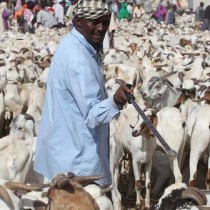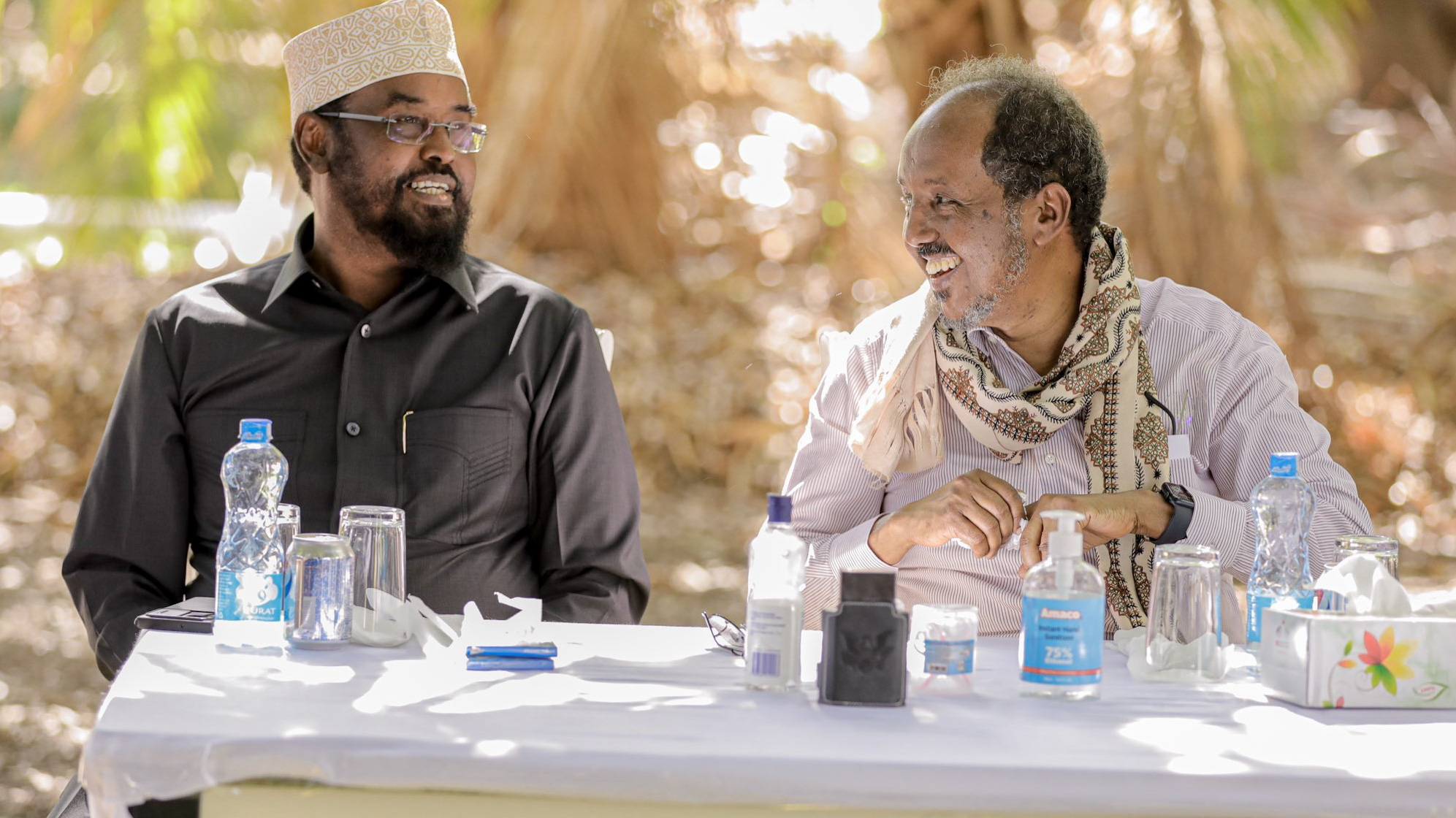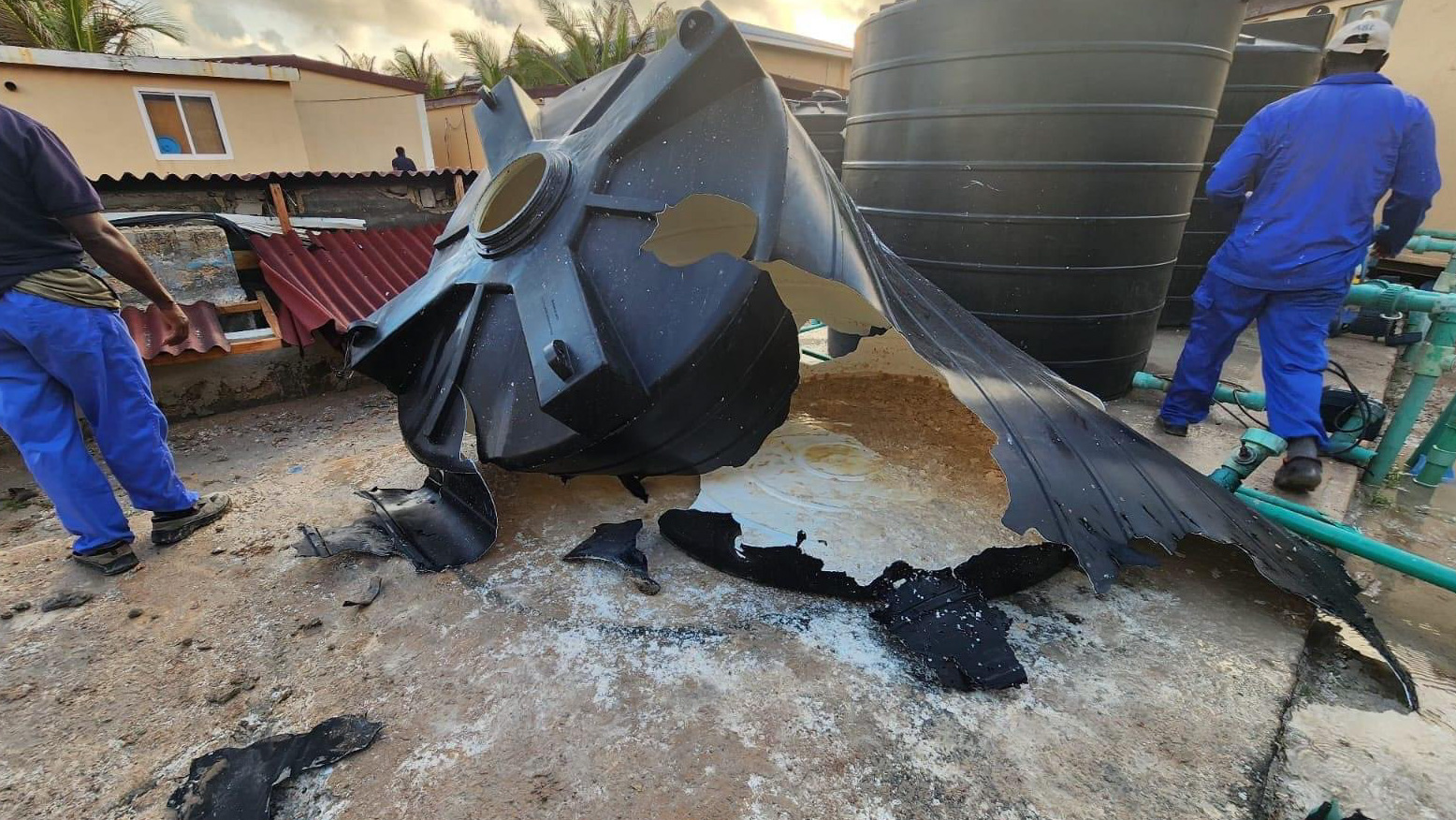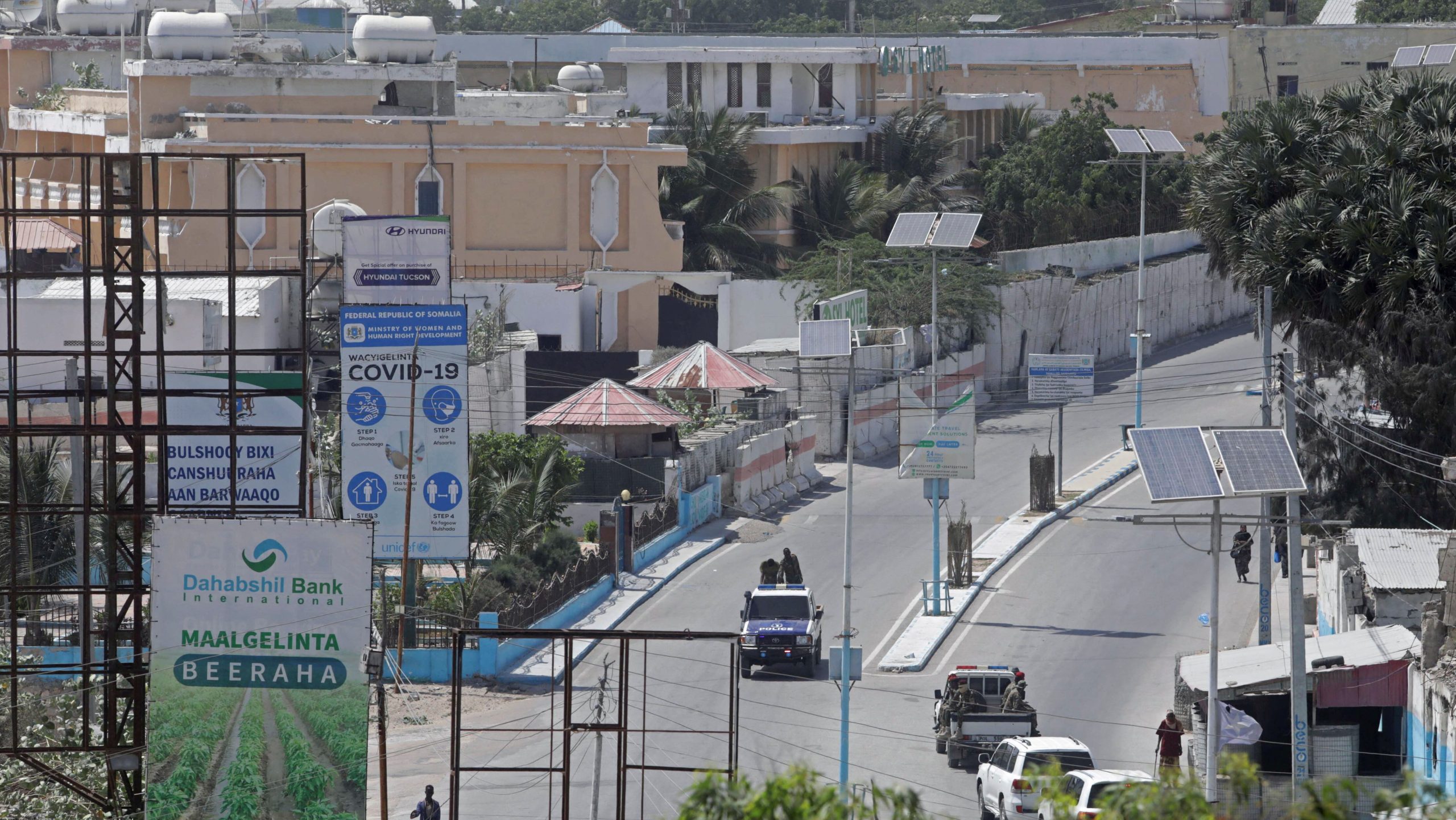The move has been seen as a blow to Somali livestock traders who expected to make profits from the sale of the animals. News of the rejection was announced last weekend in an official letter shared by a Somali journalist with the VOA, Harun Maruf.
He added that Saudi authorities did not state the basis of their action since there was no independent examination to prove the claim. Traders, however, insisted that medics had given the animals a clean bill of health before they were shipped.
Rift Valley fever is an infection common in Africa caused by a bunyavirus; transmitted by mosquitoes or by handling infected animals – sheep, goat, camel.
With no specific treatment or effective human vaccine, Rift Valley fever can cause blindness and severe haemorrhaging, leading the victim to vomit blood or even bleed to death.
In the pilgrimage season which comes with the season of Islamic sacrifice, Saudi Arabia makes use of a lot of livestock as pilgrims are obliged at a point to slaughter sheep.
During the Eid-ul Adha festivities also, most people opt to sacrifice sheep even though there are other options like cow and camel.
Somalia is not the only country that annually exports animals to Saudi and it is not known the extent to which the current action will impact the availability of animals.




 0
0 












![[DAAWO] Dhul Free ah, Degmada ugu quruxda badan Galmudug](https://waagacusub.com/uploads//article/photo/IMG_E16C1C-068D29-00F13D-396389-6B49D3-78A5A6.png)

Saudi Arabia rejects 27,000 sheep and goats from Somalia
Saudi Arabia rejects 27,000 sheep and goats from Somalia